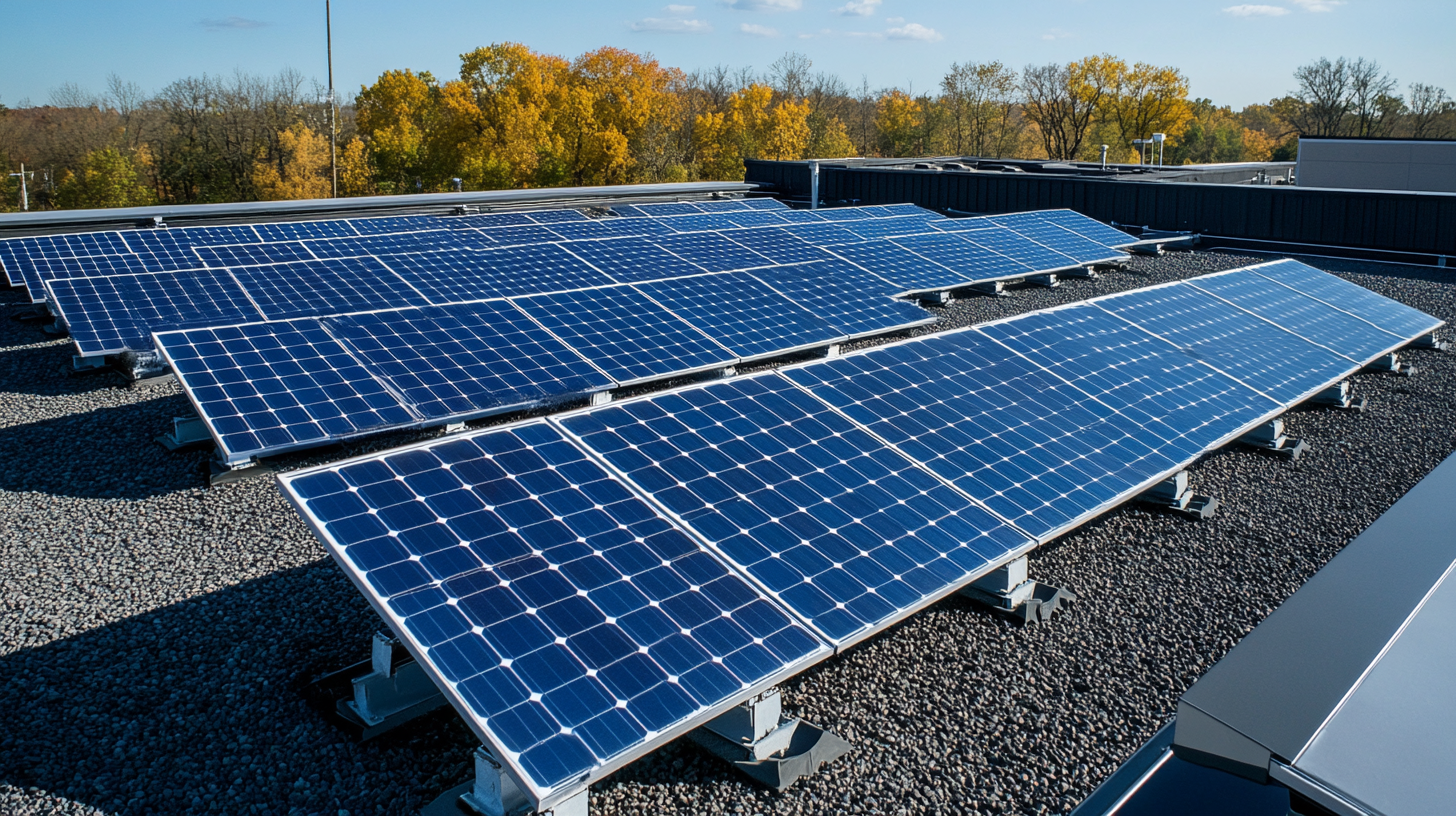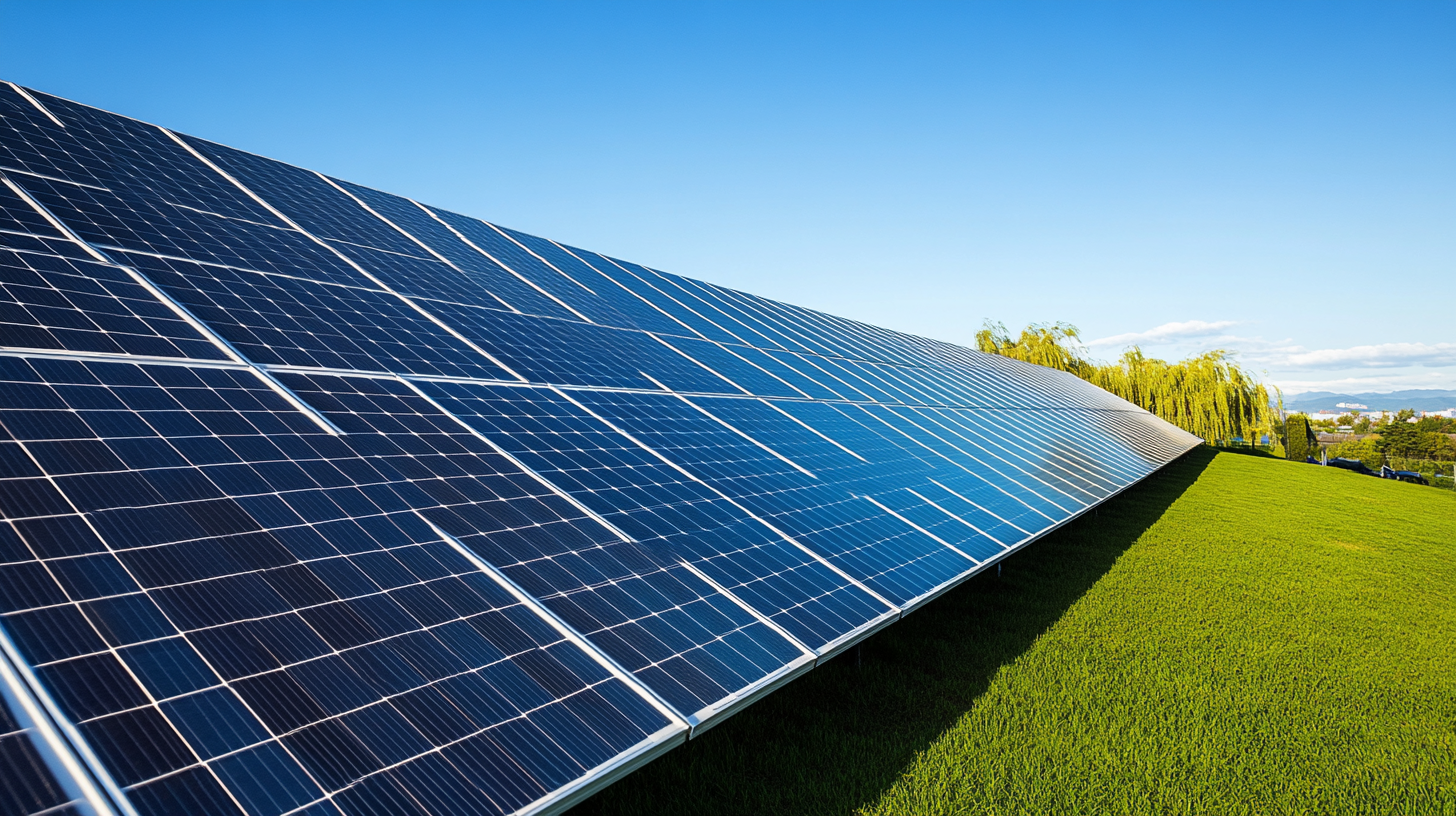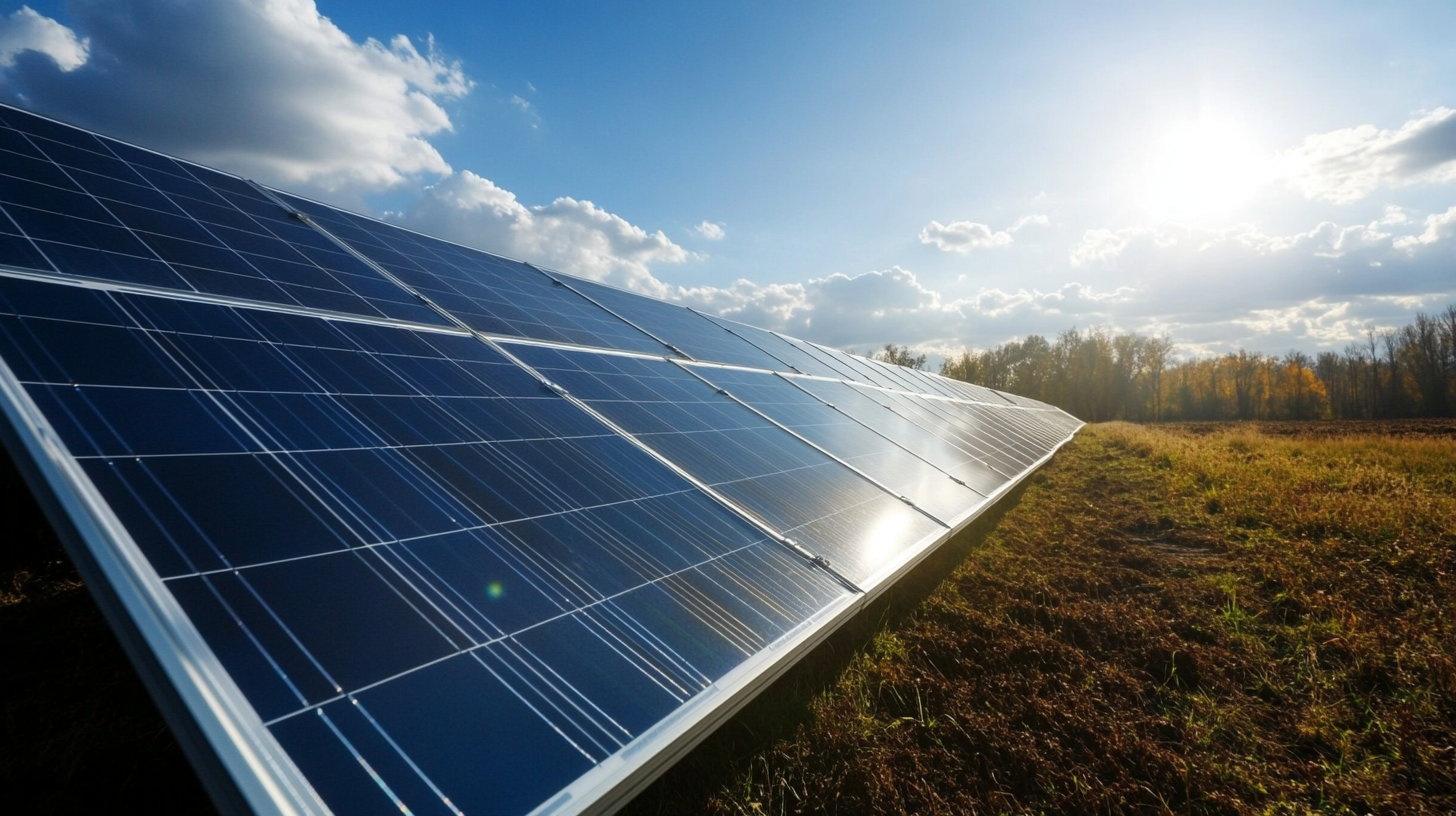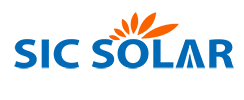As the demand for renewable energy continues to surge, the solar industry has seen remarkable growth, with the global solar panel market projected to expand from $52.5 billion in 2020 to $223.3 billion by 2026, according to a recent report by Fortune Business Insights. A critical component of this expansion is the importance of understanding global import and export certifications for products like Solar Panel Roof Mounts. These mounts are not just vital for the stability and longevity of solar installations; they also play a significant role in the international trade of solar energy solutions. Ensuring compliance with various certifications can enhance market access, streamline logistics, and assure customers of product quality and safety. In this tutorial, we will delve into the essential certifications required for Solar Panel Roof Mounts, providing guidance for manufacturers and consumers alike in navigating this complex landscape.

 When it comes to selecting the best solar panel roof mounts, understanding global certifications is crucial for ensuring quality and compliance with international standards. Various certifications, such as ISO 9001 and IEC 61215, play a significant role in assuring manufacturers and consumers alike that the products meet rigorous performance and safety benchmarks. These certifications guarantee that the mounts are designed to withstand environmental challenges while maintaining the structural integrity needed to support solar panels effectively.
When it comes to selecting the best solar panel roof mounts, understanding global certifications is crucial for ensuring quality and compliance with international standards. Various certifications, such as ISO 9001 and IEC 61215, play a significant role in assuring manufacturers and consumers alike that the products meet rigorous performance and safety benchmarks. These certifications guarantee that the mounts are designed to withstand environmental challenges while maintaining the structural integrity needed to support solar panels effectively.
Furthermore, certifications such as TÜV Rheinland and UL mark are essential indicators of reliability in the renewable energy sector. TÜV Rheinland offers extensive testing and inspection services to ensure that solar mounting systems comply with European safety and efficiency standards, while UL certification emphasizes electrical safety in the North American market. Choosing certified solar panel roof mounts not only enhances the durability of your solar installation but also contributes to a sustainable future by promoting products that adhere to globally accepted standards.
Compliance in solar panel installation is crucial for ensuring the safety and efficiency of solar energy systems. According to the International Renewable Energy Agency (IRENA), nearly 80% of solar panel failures can be attributed to improper installation practices. Adhering to local and international certification standards not only minimizes risk but also maximizes the performance and lifespan of solar panels. For instance, installers must comply with certifications like IEC 61215 for solar photovoltaic modules and UL 2703 for mounting systems to guarantee quality and reliability.
Furthermore, compliance with these certifications is not merely a bureaucratic hurdle; it can significantly impact the financial returns on investment for solar energy installations. A report by the National Renewable Energy Laboratory (NREL) indicates that installations adhering to best practices and certifications can experience efficiency improvements of up to 20%. Additionally, consumer safety is enhanced, as non-compliance can lead to hazards such as fire risks and electrical failures, which might result in costly legal liabilities. By prioritizing compliance in solar panel installation, both installers and consumers are safeguarding their investments while contributing to a more sustainable future.
When it comes to installing solar panel roof mounts, obtaining the appropriate certifications is crucial for compliance and ensuring the safety and efficiency of your installation.
This step-by-step guide will help you navigate the process of securing these essential certifications.
Start by familiarizing yourself with the specific requirements for your region, as regulations can vary significantly from one location to another.
Tip: Always check with local regulatory bodies to determine what certifications are required in your area. This can save you time and prevent potential legal issues down the road.
Once you’ve identified the necessary certifications, gather all required documentation. This typically includes product specifications, installation manuals, and proof of compliance with industry standards.
Tip: Create a checklist of all documents and requirements to ensure nothing is overlooked. Having everything organized can significantly speed up your application and reduce the chances of delays.
By following these steps, you can ensure that your solar panel roof mounts meet all necessary certification standards, paving the way for a successful and compliant installation.
In today's competitive market, certifications play a crucial role in influencing consumer trust, especially when it comes to solar panel roof mounts. These certifications act as a reassurance that products comply with recognized safety and performance standards, ultimately guiding consumers in their purchasing decisions. A product with reputable certifications can significantly enhance the perceived reliability and quality, making it a preferred choice for homeowners seeking to invest in sustainable energy solutions.
Tip: When considering solar panel roof mounts, look for products certified by recognized organizations, such as the International Electrotechnical Commission (IEC) or Underwriters Laboratories (UL). These certifications ensure that the mounts have passed rigorous testing for durability and safety, which can be particularly important in varying weather conditions.
Moreover, understanding the diverse range of certifications can empower consumers to make informed choices. Every certification offers a unique insight into the product's quality, environmental impact, and safety standards. For instance, some certifications focus on energy efficiency, while others may emphasize material sustainability or manufacturing practices.
Tip: Always check for the certification labels on the products, and don’t hesitate to research what each certification entails. This diligence not only promotes transparency but also enhances consumer confidence in their investment.
Navigating international trade regulations is crucial for businesses involved in solar panel roof mounts, as compliance with various certification standards can significantly influence market access. The International Electrotechnical Commission (IEC) sets globally recognized standards, ensuring products meet essential safety and performance criteria. Recently, the global solar mounting system market was valued at approximately $4.2 billion in 2022, with projections suggesting it will reach around $11.4 billion by 2030 (Grand View Research). This growth underscores the importance of understanding certification processes, which vary across regions.
Tips for businesses include staying updated on certification requirements from key markets such as the European Union and the United States. The EU’s CE marking and the U.S. UL certification are critical for entry into these markets. Ensuring compliance not only facilitates smoother import/export processes but also enhances product credibility among consumers.
Another essential tip is to collaborate with local regulatory bodies and third-party testing labs to simplify the certification process. As the global demand for sustainable energy solutions grows, companies that prioritize regulatory compliance are better positioned to capitalize on new opportunities in the solar sector. Understanding these certifications can ultimately lead to more robust supply chain strategies and improved market competitiveness.

